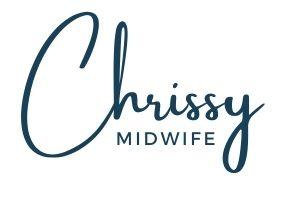Antenatal
10 Important Facts About Fetal Movement You Should Know
Feeling your baby move for the first time is an exciting milestone! For first-time mothers, fetal movements can be felt anywhere between 16 to 24 weeks, depending on the location of the placenta. As your baby grows and gets stronger, their movements become more distinct, providing insight into their health, development, and overall well-being.
Understanding 10 Important Facts About Fetal Movement You Should Know can help you monitor your baby’s activity and know when to seek advice from a healthcare provider.
Why Fetal Movement Matters
From 28 weeks onwards, your baby will develop a pattern of movements. It’s important for mothers to be aware of this pattern, as changes in movement can indicate a need for further assessment.
If your baby’s movements reduce, stop, or change in strength, frequency, or pattern, seek medical attention immediately. Do not wait until the next day—trust your instincts and contact your midwife or maternity care provider right away.
Did You Know?
It’s not the number of movements that matter, but rather the pattern. Each baby is unique, and their movements may differ from previous pregnancies or other babies. Avoid comparing fetal movement patterns between pregnancies.
10 Important Facts About Fetal Movement You Should Know
1️⃣ As your baby’s arms and legs grow, movements become more distinct.
2️⃣ Until the third trimester, babies perform somersaults, rolls, and flips. As they grow, they have less space for big movements.
3️⃣ Breech babies (bottom-down position) often have their head tucked under their mother’s ribs.
4️⃣ Your baby may respond to gentle prods or pokes from the outside.
5️⃣ Babies move more at certain times of the day, often in response to external stimuli.
6️⃣ Babies spend long periods sleeping, so movement may pause but should remain regular.
7️⃣ Your baby follows waking and sleeping cycles throughout the day.
8️⃣ Some babies are naturally more energetic than others.
9️⃣ Movements can sometimes feel uncomfortable for the mother, especially as the baby grows.
🔟 Babies tend to kick more when their mother has a full bladder.
Most Important Advice
Never feel like you’re a burden for asking for help. If you notice reduced movements or changes in strength or frequency, seek medical attention immediately. Trust your instincts—your baby’s movements are their way of communicating with you!
Experience the Benefits of Continuity of Care with Chrissy Midwife
Having a trusted midwife by your side throughout your pregnancy can provide peace of mind and expert guidance when you need it most. With continuity of care, you receive personalised support tailored to your unique journey—from monitoring fetal movements to preparing for birth and beyond.
Book a consultation with Chrissy Midwife today for compassionate, one-on-one care that ensures you and your baby receive the attention and support you deserve.

